Broaden and strengthen the participation of developing countries in the institutions of global governance
What does Target 16.8 mean for businesses?
Global governance generally comprises the standards, institutions and decision-making processes that were developed in the years following World War II to address a variety of global challenges, including peace and security, human rights and development — and, more recently, addressing the climate crisis and the global pandemic. These institutions include the United Nations and its agencies, such as the UN Development Programme (UNDP) and World Health Organization (WHO), and affiliate entities, such as the International Monetary Fund (IMF) and the World Bank, among others. The institutional architecture of global governance also includes intergovernmental forums that were created around specific regions or themes, such as the World Trade Organization (WTO), the Organisation for Economic Cooperation and Development (OECD), the Group of 20 (G20) and the Group of 77 (G77).
The foundations of peace, prosperity and sustainable development that the standards and institutions of global governance have established over decades are of fundamental significance to businesses. These standards and institutions are not only the framework for the international community itself but are also the mechanisms through which Governments (or Member States) come together to build consensus and forge cooperation to address the world’s greatest challenges. While, of course, decision-making must remain the responsibility of accountable, effective, inclusive and transparent public institutions (Targets 16.6 and 16.7), there are innumerable capabilities that the business community can contribute to tackle these challenges and strengthen the institutional enabling environment at the global and local levels. The business community has a particular responsibility, and opportunity, to encourage the voice and vision of Governments from developing nations in setting global priorities and allocating global resources.
Indeed, there is an increasing acknowledgement of the important contributions that businesses can make to these institutions and forums. Responsible businesses have increasingly been called upon to inform discussions around the Paris Agreement, to engage in the global response to the COVID-19 pandemic and to contribute to the achievement of the Sustainable Development Goals (SDGs). Nowhere is this challenge more evident than in Goal 17: Partnerships for the Goals, which calls on various actors including the business community to contribute expertise, finances and resources to the achievement of the SDGs.
To be sure, as existing institutions of global governance have come to be seen as inadequate to tackle certain global challenges, a range of ad hoc bodies comprising non-state actors have been created to fill the gap. Generally referred to as multi-stakeholder initiatives (MSIs), these forums include representatives from a variety of actors, including Government, civil society and businesses and are focused on addressing specific challenges and sometimes setting standards around those challenges that are beyond the capacity of traditional institutions to address them quickly and effectively. But while MSIs are a promising new forum for global governance, caution should be observed with respect to their limited accountability, legitimacy and transparency as compared with public institutions. Even as they are gaining influence in global governance, they should be seen as complements to — not substitutes for — national Governments and international institutions. There are increasing calls for a more inclusive multilateral system (or international order) that includes non-state actors, which is supported by the UN General Assembly, which is calling for a reinvigorated and networked multilateralism grounded in inclusion. These calls will most likely gain momentum in the coming years. As such, there must be the necessary debate and deliberations on how to build the necessary accountability and transparency in these new institutions to ensure their legitimacy.
How should businesses implement Target 16.8?
With the converging crises of climate change, economic uncertainty, a global pandemic and social inequality, which have been further complicated by a rise in disinformation, many businesses around the world are calling for greater global cooperation. This call was heard loud and clear during the 75th anniversary of the United Nations where over 1,300 Chief Executive Officers from over 100 countries around the world committed to being united in the business of a better world (see United in the Business of Better World: A Statement from Business Leaders for Renewed Global Cooperation). This was a defining moment for the business community to collectively rally behind the institutions of global governance as the only way forward in addressing the greatest challenges of our time. At the core of this statement was the recognition that there is a need for greater inclusivity and participation of all countries — developed and developing — in the building of a better world. Ostensibly, the statement also called for courageous and ethical leadership at a time when citizens are calling — and increasingly protesting — for greater accountability, integrity and transparency in the institutions that govern their lives and livelihoods. Businesses have a critical role to play in promoting ethical leadership and building trust both between public and private institutions and in them by civil society — consistent with the tenets of SDG 16 to foster peaceful, just and inclusive societies.
Further to the Edelman Trust Barometer 2021 — as highlighted in the introduction of this Framework — there is an urgent need to build trust through corporate purpose linked directly to societal benefit. The HOW Institute for Society captures this in the 2020 State of Moral Leadership in Business report, noting that “[l]eaders can no longer hope to scale shareholder value without scaling shared values. Mission and margin, profit and principle, success and significance are now inextricably linked.” It is through this lens that responsible businesses are called upon to engage with Governments and civil society towards a form of transformational governance that includes a courageous, ethical and integrated approach to conventional governance, sustainable governance and global governance — internally and externally to businesses and at the global and local levels.
Here are some ways businesses can take action
Culture and board/management oversight
Ensure that the principles of inclusive governance are adhered to at all levels of the organization, including the board, the C-suite and all personnel including those based in countries/jurisdictions outside of corporate headquarters. Special attention and consideration should be given to local perspectives and voices in developing countries where businesses may have an interest and with particular focus on such things as combating corruption, preserving natural resources and respecting human rights.
Awareness, education and training
Develop and facilitate training that creates awareness of and respect for local perspectives and voices, particularly those in developing countries where the business may have an interest. Educate clients, employees and suppliers on the importance of global governance institutions in developing normative frameworks that foster peace and security, respect for human rights and sustainable development and ultimately, build trust between businesses and Governments and by civil society in them.
Policies and lobbying
Develop and implement policies for engaging responsibly with global governance institutions in ways that reflect and reinforce the voices of developing countries and the prospects for international cooperation.
Responsible lobbying
Avoid taking action that serves to undermine global governance institutions — especially with regard to serving the interests of developing countries, including in such things as the right to land and natural resources, effects of climate change and protection of human rights. For instance, World Bank grievance mechanisms, OECD National Contact Points (NCPs) or the negotiation of international financial/trade systems or other substantive agreements, etc.
Risk profiling and management
Ensure that global governance considerations are incorporated where relevant into a business’ risk management profiles, including enterprise, global, political or ESG risk, particularly in developing countries. The objective should be to identify, report, mitigate and audit any such exposure. This focus should include compliance with national and regional legislation and, wherever possible, other international standards and voluntary benchmarks or frameworks.
Board/management oversight, culture, strategies, policies, operations and relationships
Advocacy
Lead, promote and support the strengthening of global cooperation and inclusive multilateralism and adoption of robust international frameworks that level the playing field between Governments and businesses in addressing a variety global, regional and national challenges.
Influence
Support efforts to educate communities and other stakeholders on the importance of international cooperation in addressing common challenges at the global and local levels.
Capacity building
Lend expertise and resources to build the capacity of international, regional and national governance institutions to address global challenges, particularly where the business community may have unique capabilities to scale innovation and consistent with respect for accountability, integrity and transparency and respect for people and planet.
International cooperation and partnerships
Engage with the UN and other multilateral organizations, international business/industry associations or MSIs to tackle some of the world’s greatest challenges, including the climate crisis, the global pandemic, social inequality and the rise in disinformation, especially in terms of how they affect developing countries. This is particularly important given the inherent complexity and sensitivity of these issues and the need for global cooperation to address them.
Institutions, laws and systems at the international, national and municipal levels
Here are some ways businesses are taking action
-
Business Ambition for 1.5°C
The Science Based Targets initiative (SBTi), in partnership with the UN Global Compact and the We Mean Business Coalition, launched the Business Ambition for 1.5°C campaign. The campaign calls on companies to commit to set ambitious, science-based targets in their own operations and supply chains in an effort to reduce emissions at the pace and scale required to reach net-zero by 2050 and limit the warming of the planet to 1.5°C. This level of ambition is consistent with the 2015 Paris Climate Agreement. Over 500 companies have committed to this goal to date. While not directly related, this initiative is particularly important given the disproportionate impact climate change is having on developing countries, including small island developing states with respect to climate emergency and climate justice in particular. (Source)
- Gavi, the Vaccine Alliance
Created in 2000, Gavi is an international organization — a global vaccine alliance bringing together public and private sectors with the shared goal of creating equal access to new and underused vaccines for children living in the world’s poorest countries. (Source)
- Global Partnership for Sustainable Development Data
A multi-stakeholder network of more than 150 data champions harnessing the data revolution for sustainable development. The network brings together actors from business, Government and civil society to address gaps in data production, quality, access and usage necessary for national Governments and international bodies to advance efforts to end extreme poverty, combat climate change and ensure a healthy life for all. Its members represent the full range of data producers and users, including Governments, businesses, civil society groups as well as academic institutions, data experts, foundations, international organizations and statistics agencies. (Source)
- Open Letter by Businesses on Urgent Need for Climate Action
In the lead-up to the Leaders Summit on Climate, The B Team partnered with the We Mean Business Coalition and Ceres on an open letter to President Biden, calling on the United States Government to cut greenhouse emissions by at least 50 per cent below 2005 levels by 2030 (the United States announcement not only met but slightly exceeded this target). More than 400 businesses and investors with an American footprint signed the letter, including B Team companies Danone North America, IKEA US Retail, IMAGINE, Mastercard, Natura & Co, Salesforce, Tiffany & Co, Unilever and others. The purpose of this open letter was to emphasize the importance of building on the global momentum emerging from the UN Global Compact 2021 Leaders Summit and deliver with bold action in this decade. The letter noted that the climate crisis cannot be addressed without simultaneously addressing the public health emergency and unsustainable inequality. (Source)
- UN Global Compact Strategy 2021–2023
Launched following an extensive consultation process, this strategy prioritizes engagement with business communities in developing countries as a key means of advancing the 2030 Agenda for Sustainable Development. The strategy recognizes the unique role of small and medium-sized enterprises (SMEs) in advancing corporate sustainability and responsible business practices both individually and in the value chains in which they participate. SMEs account for most of the world’s businesses and employers and as such, are essential actors in advancing the SDGs in developing and emerging economies, particularly in Africa. (Source)
Some industries that could/should contribute to achieving Target 16.8
This list is not exhaustive but rather intended to invite businesses to consider how their sector could or should contribute to this target. Also, note that this target is in varying degrees relevant across all sectors and to multinational corporations and any businesses directly or indirectly engaged in international trade.
AgricultureIn the provision of trade agreements including tariffs and subsidies
ExtractivesIn respecting the rights of developing countries to access to land and natural resources
Financial servicesIn providing financing for major infrastructure and development projects in developing countries
MaritimeIn respecting national sovereignty regarding the high seas and the natural resources beneath
PharmaceuticalIn providing developing nations access to essential medicines that are otherwise protected by international intellectual property agreements (e.g. TRIPS)
Some intersections with Target 16.8 and the Ten Principles, UNGPs and SDG16+
These intersections are not exhaustive but rather intended to demonstrate how foundational SDG 16 and, specifically, this target is.
Inspired by the Ten Principles and UNGPs
The Ten Principles and UNGPs are given legitimacy and underpinned by the UN system and are therefore inextricably connected to the institutions and systems of global governance. To be sure, both of these were established largely as an acknowledgment and need to govern/guide responsible business conduct and protect the world’s most marginalized and vulnerable communities.
Inspired by the Pathfinders SDG16+ Roadmap
The SDGs are in themselves a symbol of international cooperation and inclusive multilateralism.
SDG 1
- Institutions and policies for poverty eradication (Target 1.b)
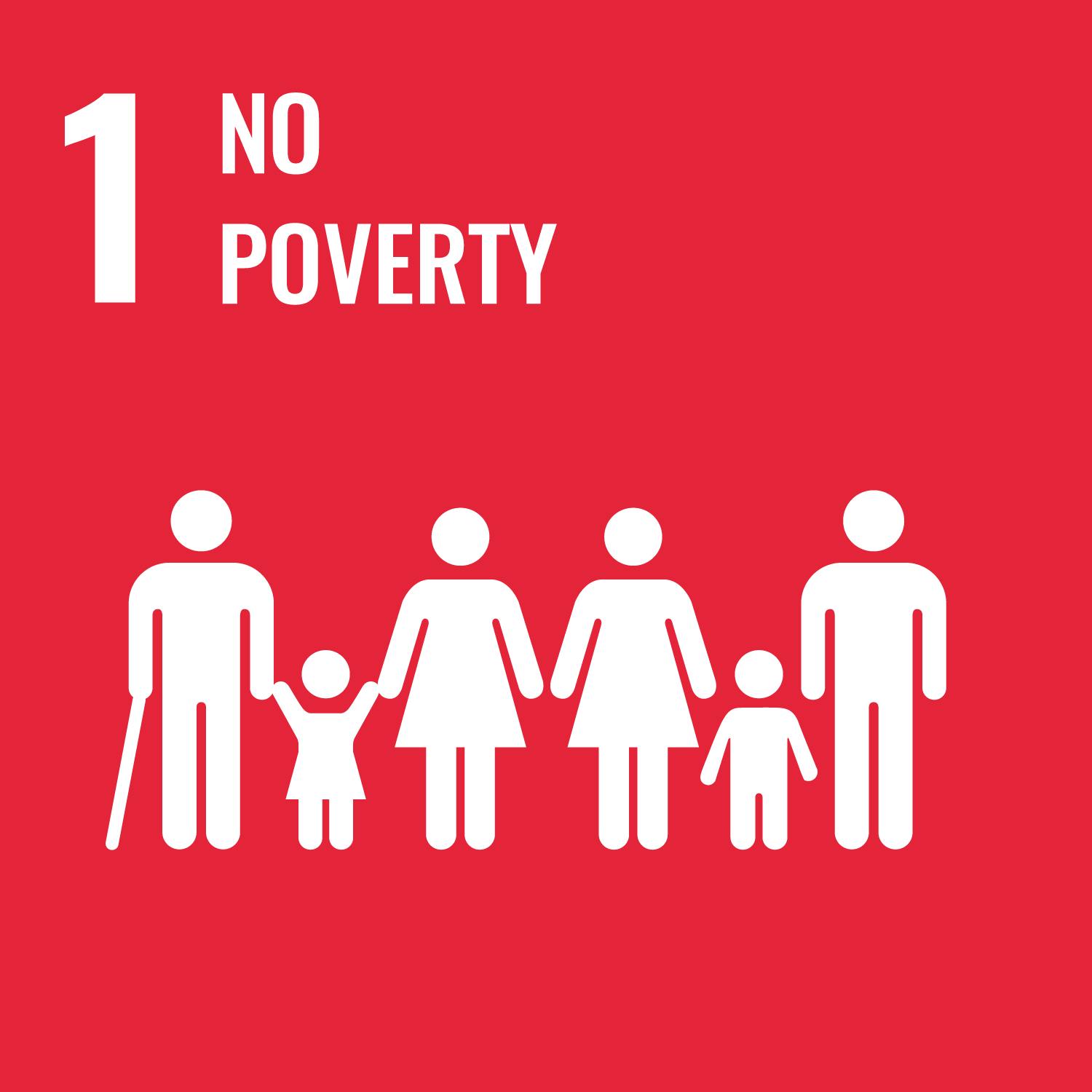
SDG 1
SDG 2
- Increase investment/international cooperation to enhance agricultural productive capacity in developing/least developed countries (Target 2.a)
- Correct and prevent trade restrictions and distortions in world agricultural markets (Target 2.b)
- Adopt measures to ensure the proper functioning of food commodity markets to help limit extreme food price volatility (Target 2.c)
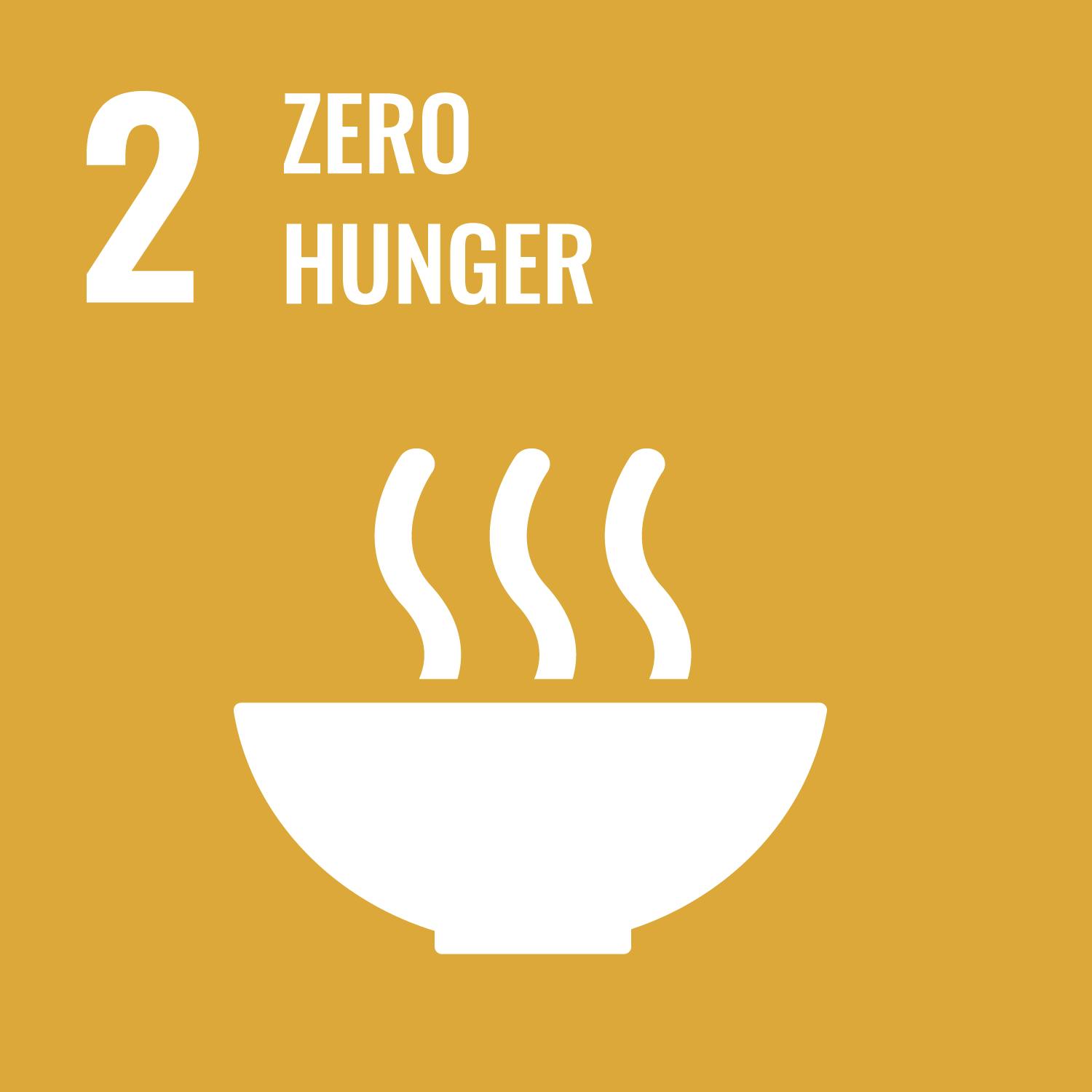
SDG 2
SDG 3
- Affirm the right of developing countries to use to the full the TRIPS provisions to protect public health and provide access to medicines for all (Target 3.b)
- Substantially increase health financing and workforce in developing/least developed and small island developing states (Target 3.c)
- Strengthen the capacity of all countries, especially developing countries, for early warning, risk reduction and management of national and global health risks (Target 3.d)
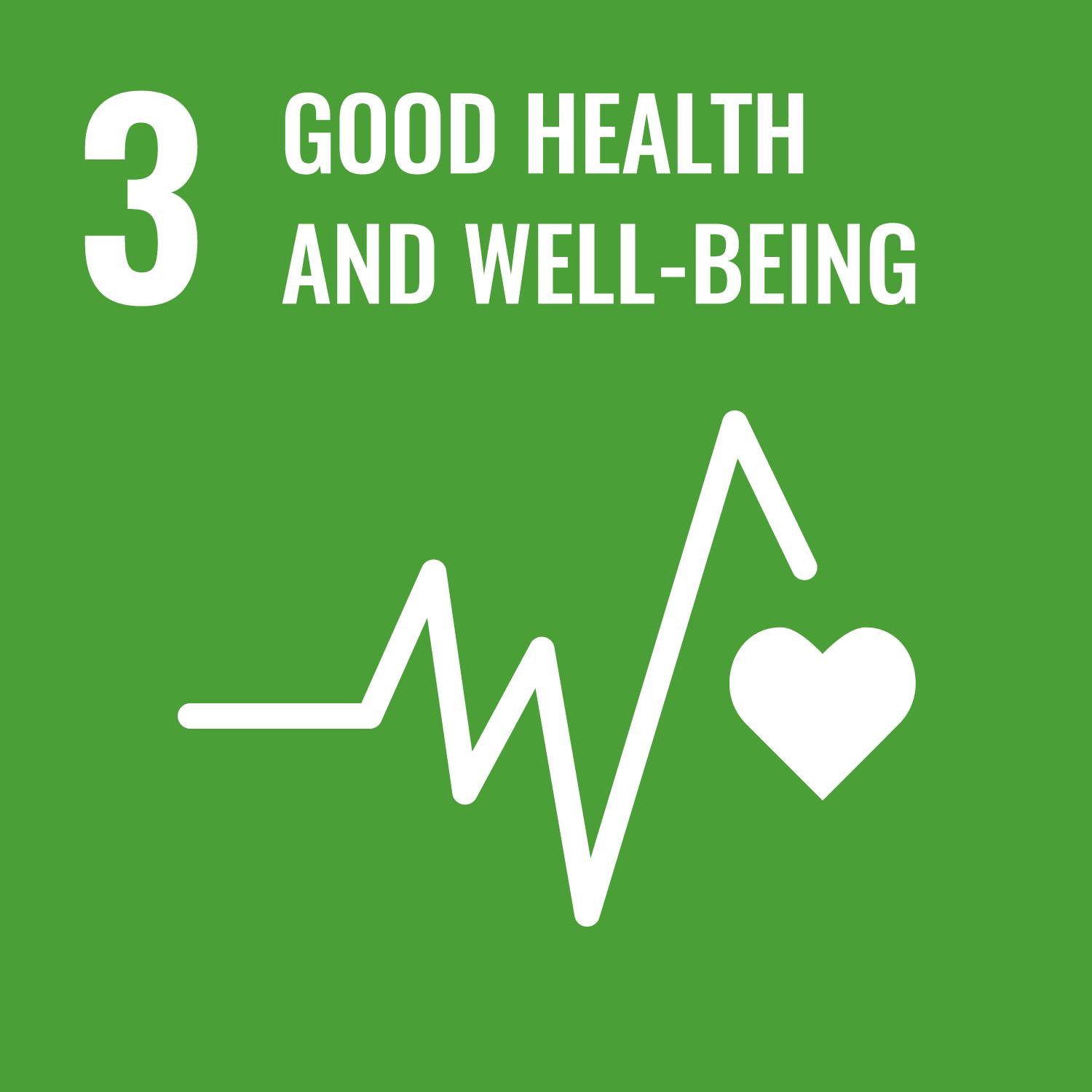
SDG 3
SDG 4
- Equal access to education (Target 4.5)
- Education on human rights and gender equality, culture of peace and non-violence and promotion of global citizenship (Target 4.7)
- Safe education facilities (Target 4.a)
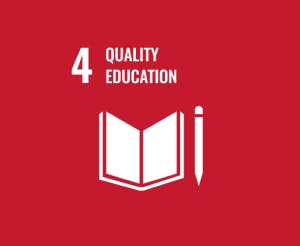
SDG 4
SDG 5
- Discrimination against women and girls (Target 5.1)
- Violence against women and girls (Target 5.2)
- Women’s participation in leadership (Target 5.5)
- Policies and legislation for gender equality (Target 5.c)
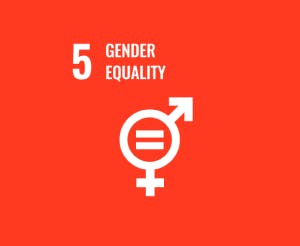
SDG 5
SDG 8
- Forced labour, modern slavery and human trafficking, including child labour and child soldiers (Target 8.7)
- Labour rights and safe workplaces (Target 8.8)
- Develop and operationalize a global strategy for youth employment and implement the International Labour Organization (ILO) Global Jobs Pact (Target 8.b)
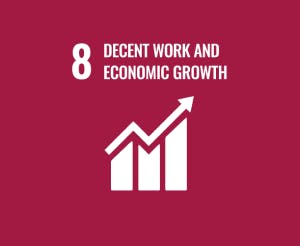
SDG 8
SDG 10
- Global financial and economic institutions (Targets 10.5 and 10.6)
- Safe migration and policies (Target 10.7)
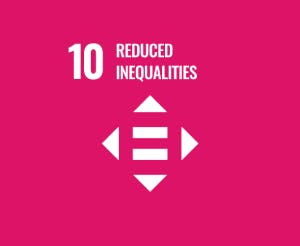
SDG 10
SDG 11
- Safe housing (Target 11.1)
- Safe transport (Target 11.2)
- Safe public spaces (Target 11.7)
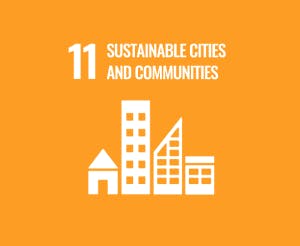
SDG 11
SDG 13
- Strengthen resilience and adaptive capacity to climate-related hazards and natural disasters in all countries (Target 13.1)
- Implement commitment undertaken by developed country parties to the United Nations Framework Convention on Climate Change (UNFCCC) to a goal of mobilizing jointly $100 billion annually by 2020 from all sources to address the needs of developing countries (Target 13.a)
- Promote mechanisms for raising capacity for effective climate change-related planning and management in the least developed countries and small island developing States (Target 13.b)
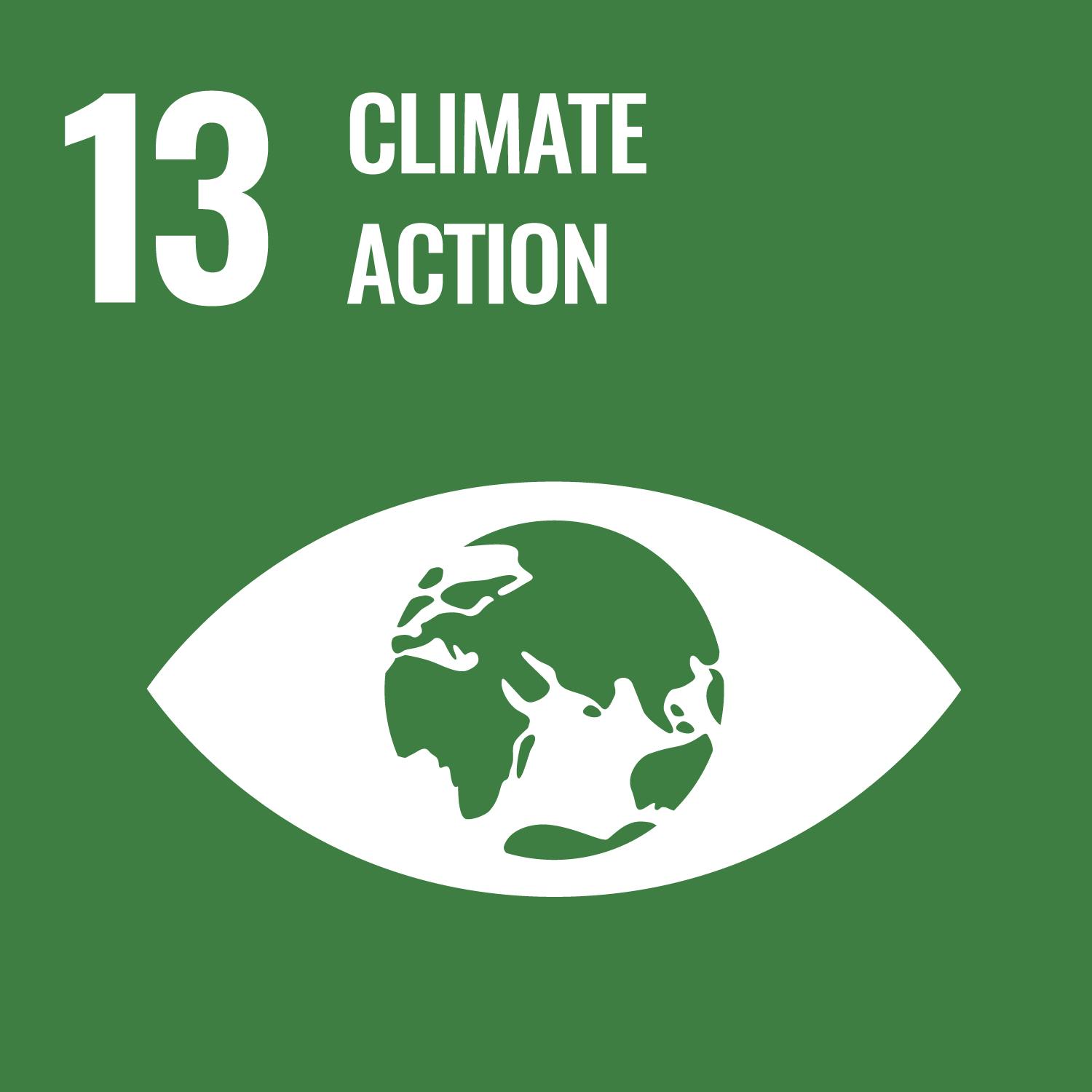
SDG 13
SDG 16
- Violence and deaths everywhere (Target 16.1)
- Abuse, exploitation and trafficking of children (Target 16.2)
- Access to justice and rule of law at the international level (Target 16.3)
- Illicit financial and arms flows, stolen assets and organized crimes (Target 16.4)
- Corruption and bribery (Target 16.5)
- Effective, accountable and transparent institutions (Target 16.6)
- Responsive, inclusive, participatory and representative decision-making (Target 16.7)
- Public access to information and protection of fundamental freedoms in accordance with international agreements (Target 16.10)
- International cooperation for violence prevention and combating terrorism and crime (Target 16.a)
- Promote and enforce non-discriminatory laws and policies (Target 16.b)

SDG 16
SDG 17
- Tax collection (Target 17.1)
- Equitable trade system (Target 17.10)
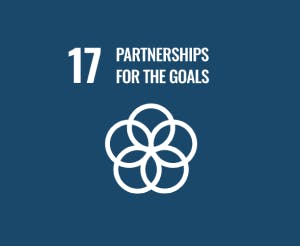
SDG 17
- Gavi, the Vaccine Alliance
